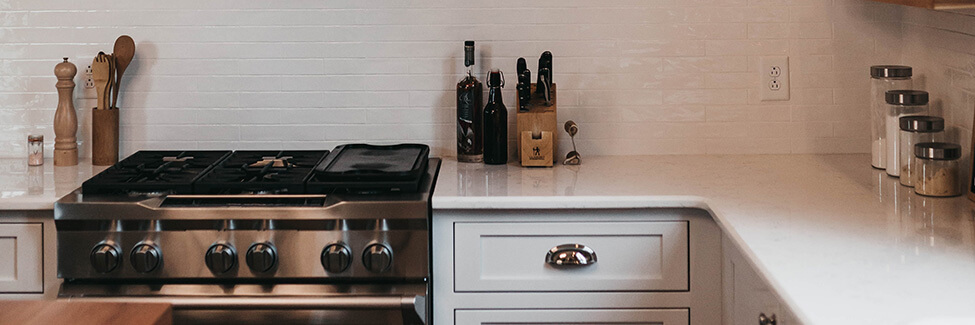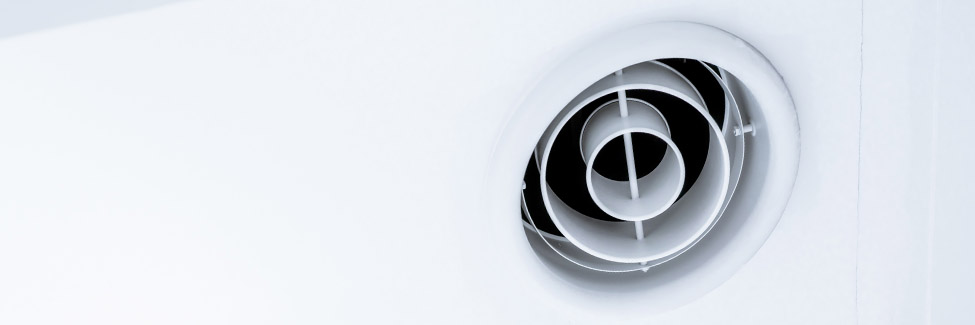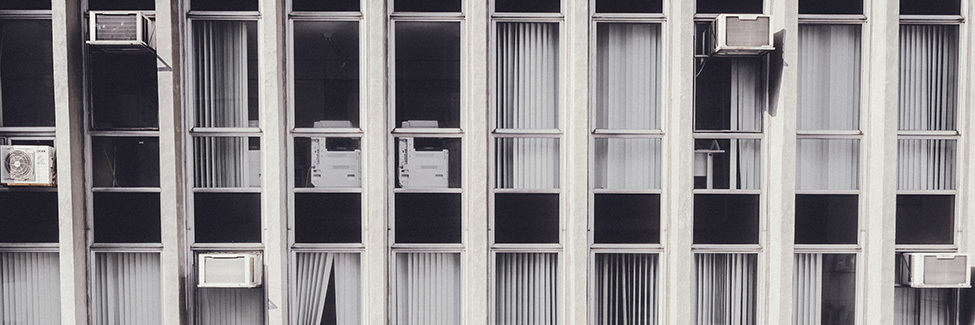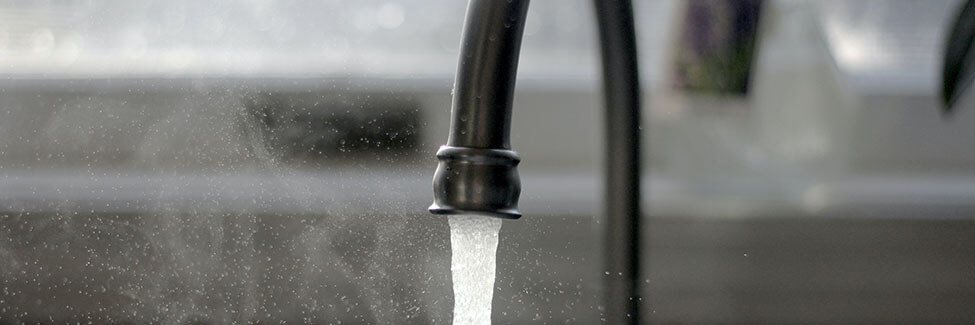
4 Reasons Why You May Have To Contact A Plumber
As your home ages, it’s not unusual for it to develop some defects, but the most annoying ones might be related to plumbing problems.
While certain minor issues are simple enough to handle with some basic knowledge and without much difficulty, others come with potential dangers that require in-depth understanding and service from plumbing professionals.
Being aware of common plumbing problems can help you find the right solution quickly, whether that’s grabbing a tool belt or calling your friendly neighborhood plumber to avoid catastrophic outcomes.
4 Typical Reasons Plumbing Services Are Needed
1. Wasted Water and Leaks
There are plenty of issues that can cause out-of-the-ordinary charges on your water bill. However, wasted water and leaks can be particularly hairy, especially if you’re looking out for the environment. These can include dripping faucets, leaky pipes, or running toilets.
Dripping faucets
Homeowners may turn a blind eye to small drips, but a dripping faucet can cause a big dent in your water bill. You might also start resenting the once-subtle dripping sound that becomes grating.
If you’re unable to fix a faucet by tightening with a wrench, it may be time to contact a plumber. You’d be amazed by how much water can actually come out of a dripping faucet in the course of a month!
Leaky pipes
In many areas, the range of hot and cold temperatures can put severe strain on metal or plastic pipes. Because of that, you might notice wet spots on the ground, on walls, or on ceilings. You might even notice musty smells coming from once-dry areas. Leaky (or broken) pipes can quickly get out of control and not only cause utility bills to skyrocket but lead to structural damage or dangerous mold.
Running toilets
Running toilets can easily use 200 gallons of water per day, which could end up giving you a big surprise on your next water bill.
It can sometimes be fixed by examining the tank float, but occasionally the situation might turn out to be hard to fix yourself. When that happens, you’ll want to find a professional to put a stop to it.
2. Water Heater Issues
The normal lifespan of a water heater is about 8-12 years. If your showers aren’t working properly or – more specifically – the water isn’t getting hot enough, it may be time to take a closer look at your water heater and hire a professional.
Are you looking for a more sustainable solution that could save money in the long run and increase efficiency?
Consider understanding the basics of hot water recirculating systems. These recirculating systems can result in serious cost savings, and the advantage of having hot water on demand makes these kind of systems popular for homeowners. Professionals can install these, often touting the following benefits:
- A hot water recirculating system keeps hot water moving through your pipes or set for specific hours via a timer instead of being pushed through the system from the hot water tank. That means the water is ready from when you turn on the faucet.
- Since it doesn’t take any time for the water to warm up, recirculating pumps substantially reduce water usage.
- Hot water recirculating systems can result in major cost savings for large households where hot water is frequently used.
Despite a larger initial investment, recirculating systems are a convenient and energy-efficient option that could be just what you need.
3. Inspection and Maintenance
Ongoing maintenance is necessary for any home, especially when it comes to plumbing-related systems. Often, it can be helpful to have a professional inspect and audit systems to avoid larger issues in the future.
While you might be able to solve common issues yourself, it’s always good to call for professional help when you’re unsure.
Basic plumbing maintenance tasks might include:
- Examining exposed pipes for damage
- Testing toilets and sinks for any irregularities
- Reviewing water heater and garbage disposal performance
- Checking for sediment on faucets and shower heads
- Treating drains
- Performing pressure tests
Regular checks done by professionals might help your fixtures stay away from prospective damage and boost water efficiency.
4. Low Water Pressure
Low water pressure occurs when indoor water comes out of plumbing fixtures (like faucets or shower heads) at a much lower and weaker speed and volume than usual. In extreme cases, it can completely stop the flow of the water.
Decreased water pressure can significantly affect routine activities, from showering to doing chores like washing dishes, laundry, and more.
Here are some potential causes of low water pressure:
- Excessive water demand
- Faulty fixtures
- Broken pressure regulator
- Closed valves
- Corroded plumbing
No matter the cause, when basic home remedies won’t cut it, you’ll want to involve a professional plumbing service.
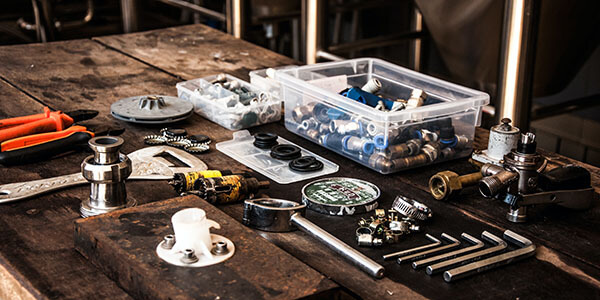
Water plays an indispensable role in our daily lives and, ensuring home plumbing systems work correctly can make a major difference in your own experience. If you’re unable to diagnose and correctly repair one of the above issues, do yourself a favor and…contact a plumber.
Still have questions? Ask an HVAC expert directly via chat or phone.
Published on 2021-06-22 by HVAC Ninja Team
Last updated on 2021-06-22
